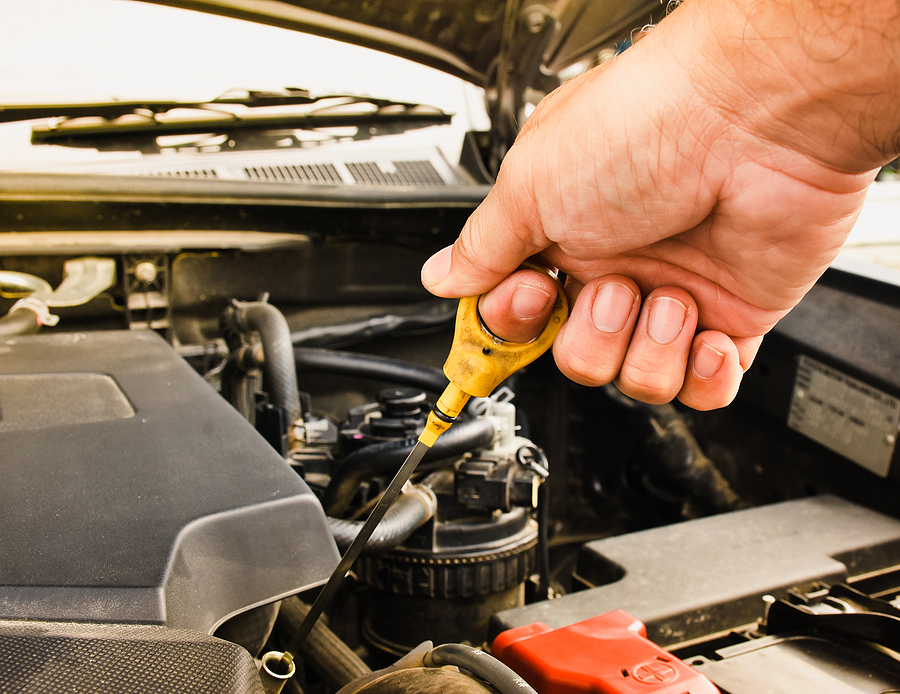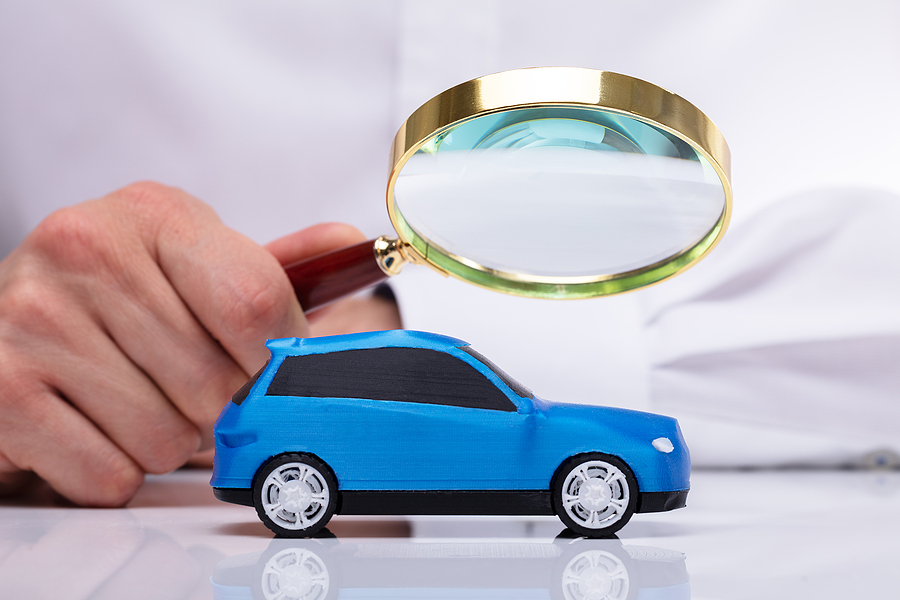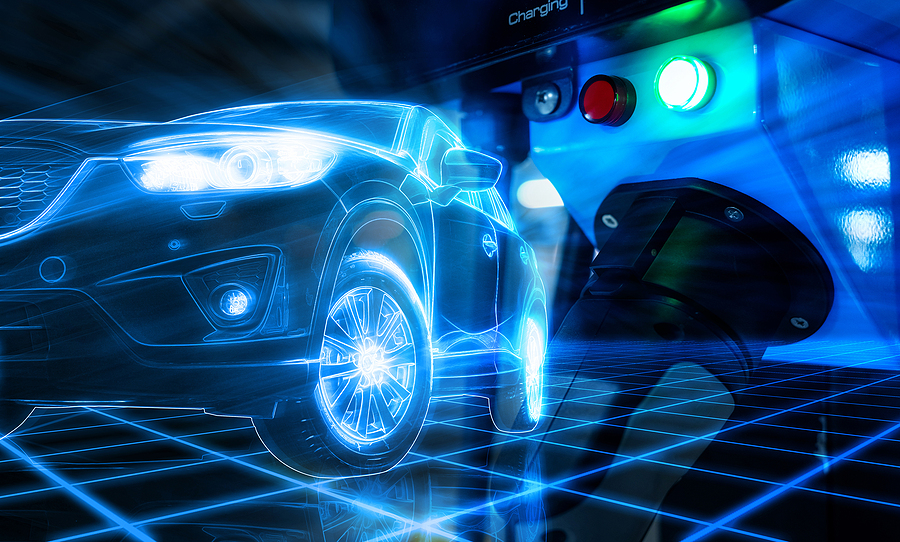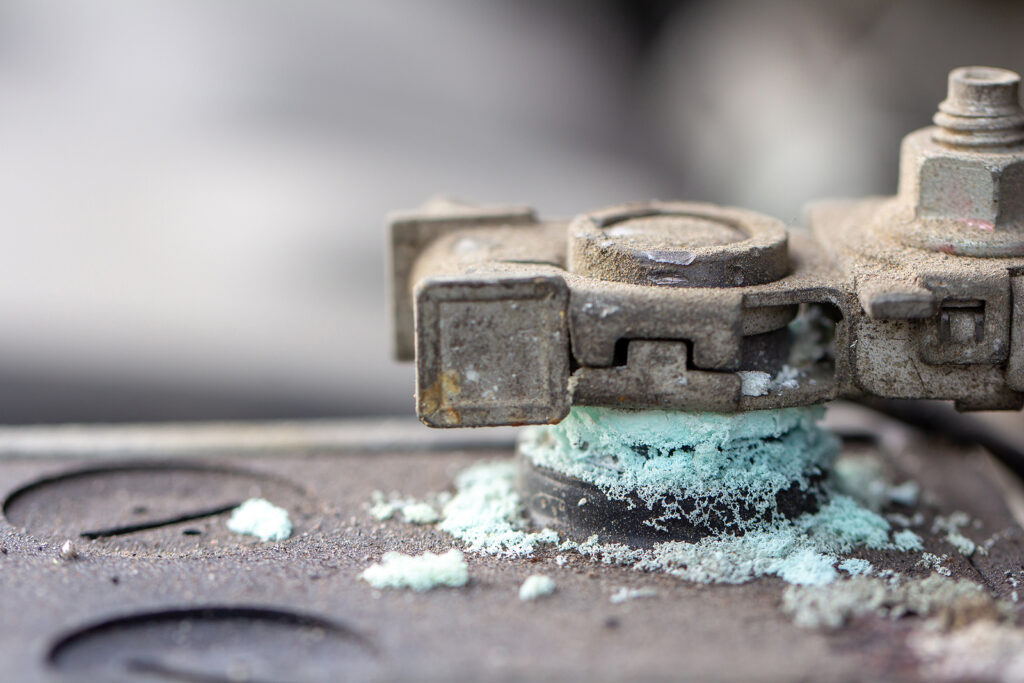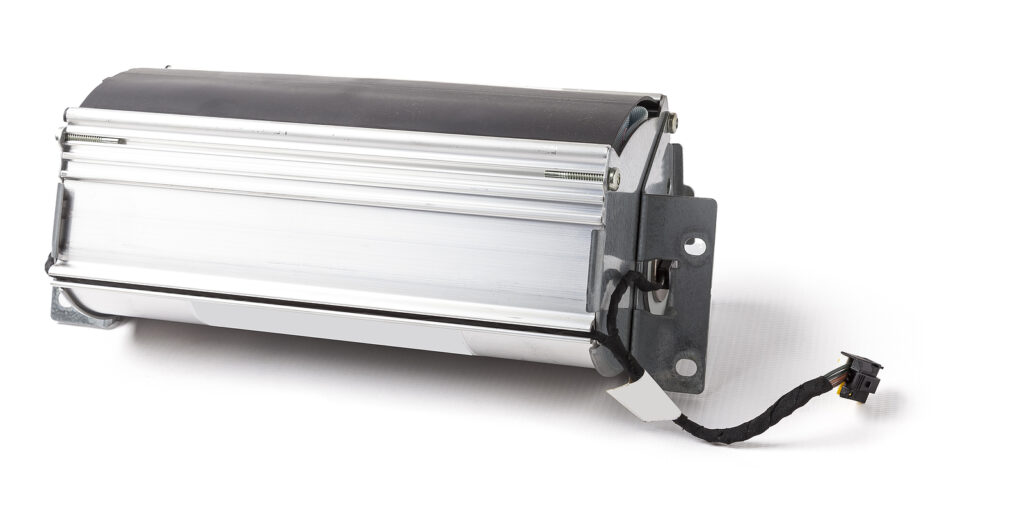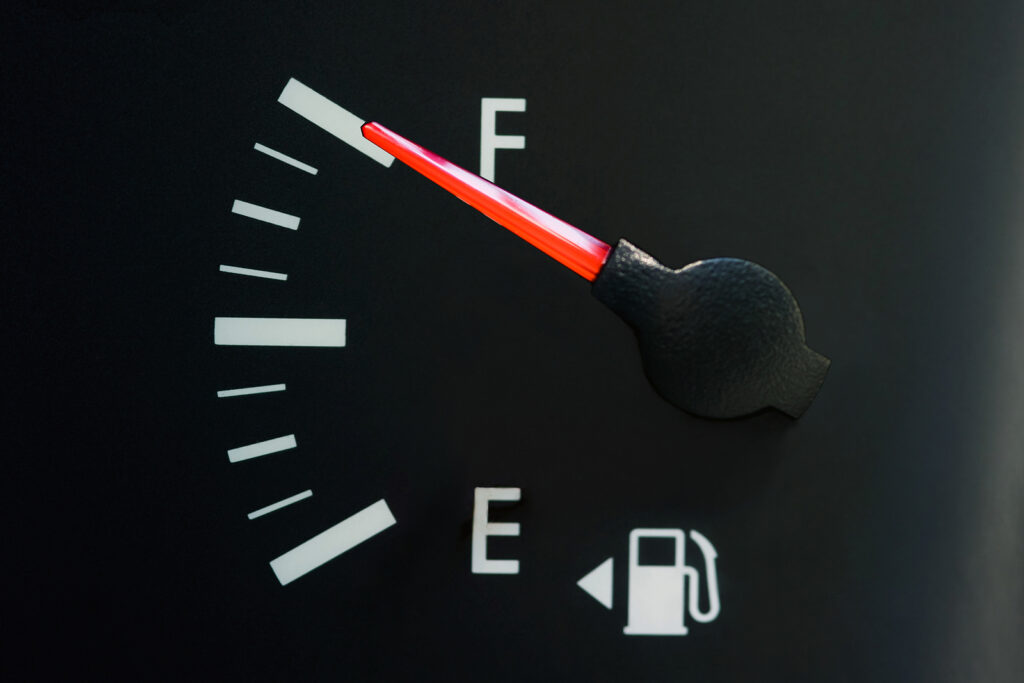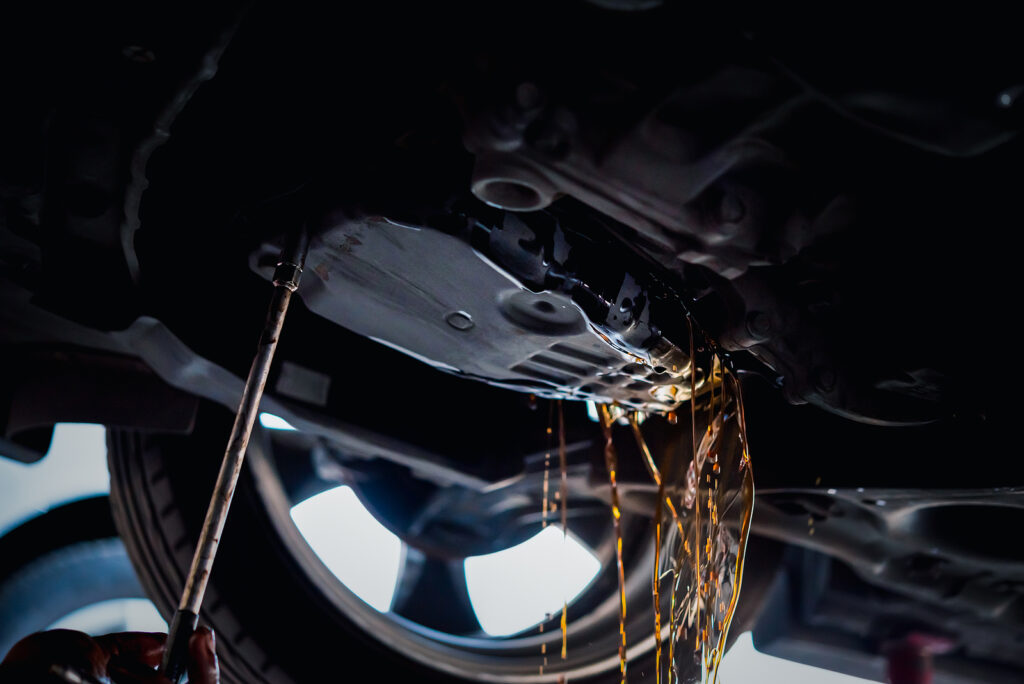Does your car seem more like a carnival ride when you drive? Is it bouncing and bumping to every little atypical terrain below your feet? Or perhaps it has gotten a bit squeaky? If you have your car’s suspension system at the front of your mind, there is likely a reason, and that reason is that it needs some attention.
Continue below to learn some common signs of car suspension trouble, plus when you should make the decision to have yours inspected or serviced.
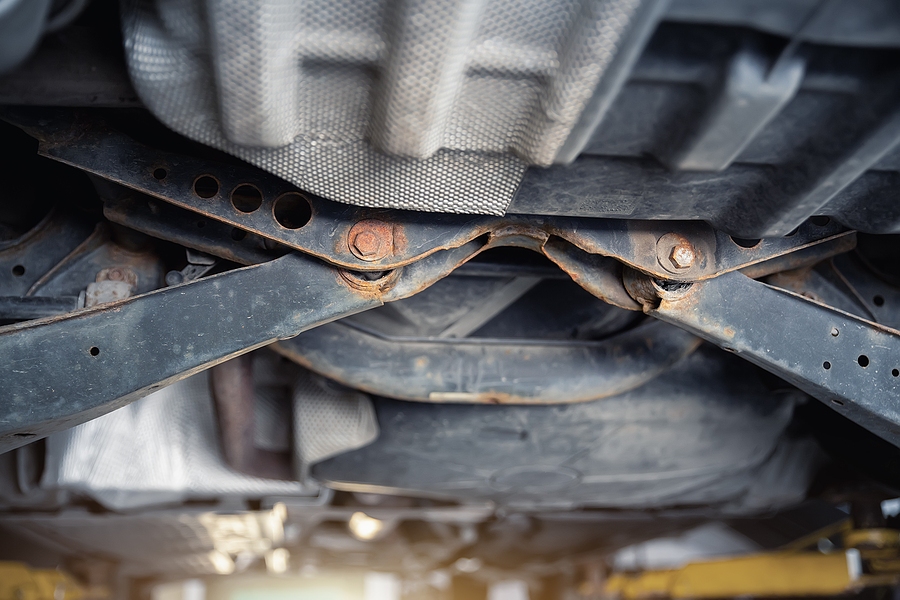
Signs of Car Suspension Failure
The top three signs that suggest your automotive suspension system is experiencing some decline or defects include sagging on one end of the vehicle, pulling to the side, and springy riding. These signs might appear singularly, in combinations, or all at once.
Sagging on One End
One of the most common signs of a suspension problem in any vehicle, whether car truck, is visible. Sagging on one in two. If the front and or the rear and of your car is lower than the other by a significant measure, it could mean that your suspension system has a damaged spring or a blown shock. Both of these damages would require professional automotive repair and parts replacement.
Pulling During Turns
If your vehicle is drifting or pulling to one side as you drive or turn, your suspension system might be experiencing internal mechanical issues. Some of the most common suspension problems that cause cars to pull to one side or drift include damaged tie rods, sticky brake calipers, and damaged steering racks.
Bouncy Riding
When you drive your vehicle, does it seem overly bouncy and springy? Excessive bounciness while driving is a common indication of a car suspension problem. The issue is always due to worn out struts and shocks. If the bouncing is happening at the front end of into your vehicle, it is the struts. If it is happening at the rear end of the vehicle, it is the shocks.
Consequences of Driving With a Damaged Suspension System
If you continue to drive your car with a damaged suspension system, you risk causing severe and irreversible damages that might total your vehicle. The good news in this case would be that you can scrap your car at a local Louisville auto salvage yard for cash on the spot. Just be sure to choose certified and experienced junk car buyers in Kentucky to ensure you get the full scrap value for your junk car.
Would you like to skip the hassle of searching for reputable auto scrappers in Kentucky and go straight to the leading salvage yard in Louisville? Contact GC’s Junk Cars at 502-804-5605 to sell your car for cash on the spot to a trusted Louisville junk car buyer! We offer free junk car removal in all surrounding counties.
Related Posts:
How to Tell if Your Car is Leaking Transmission Fluid
How to Prevent Major Engine Repair or Replacement
Top 4 Signs of a Broken Car Radiator

